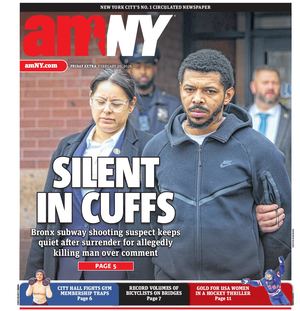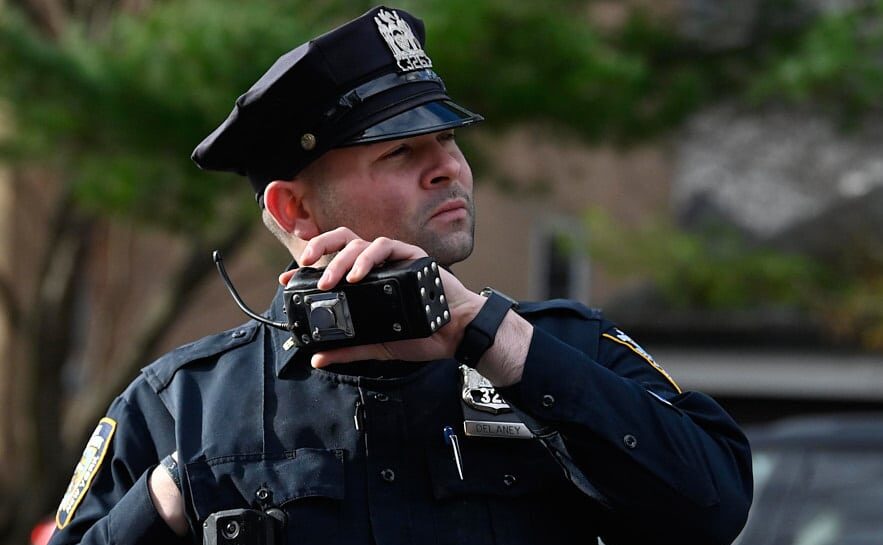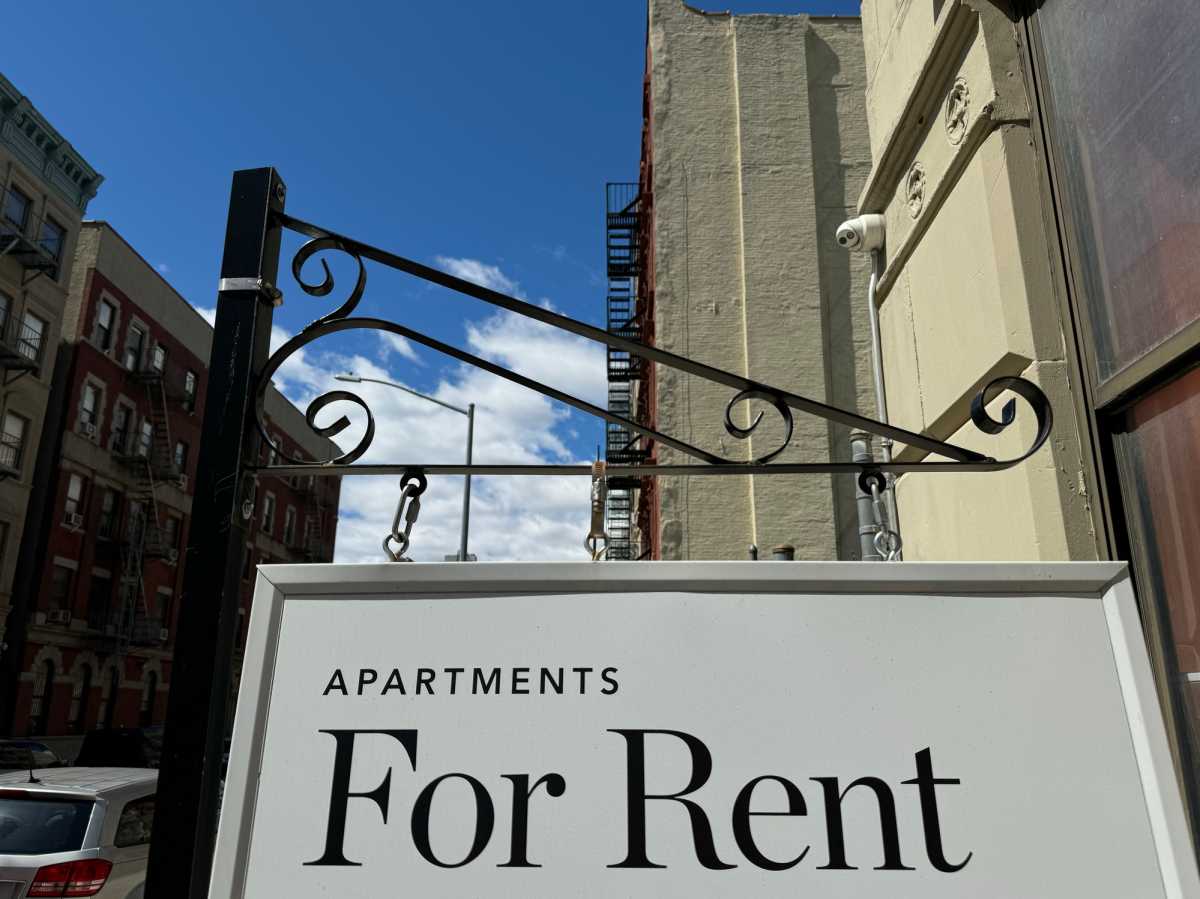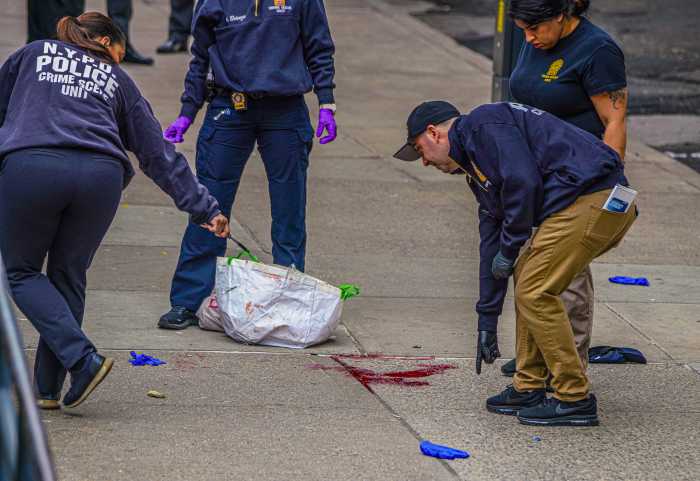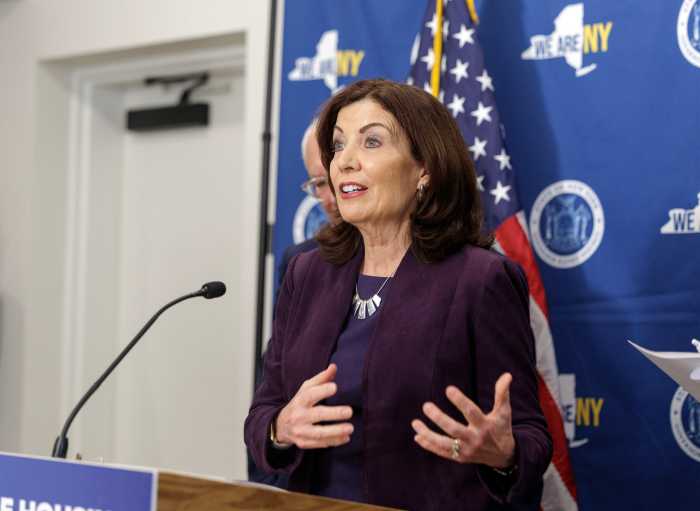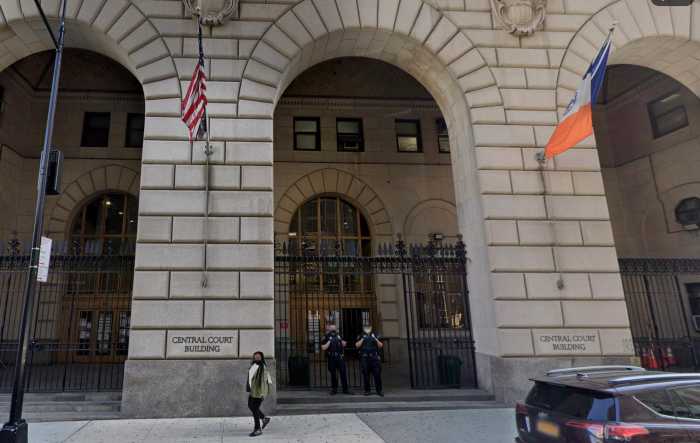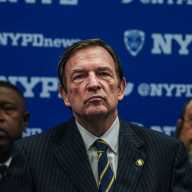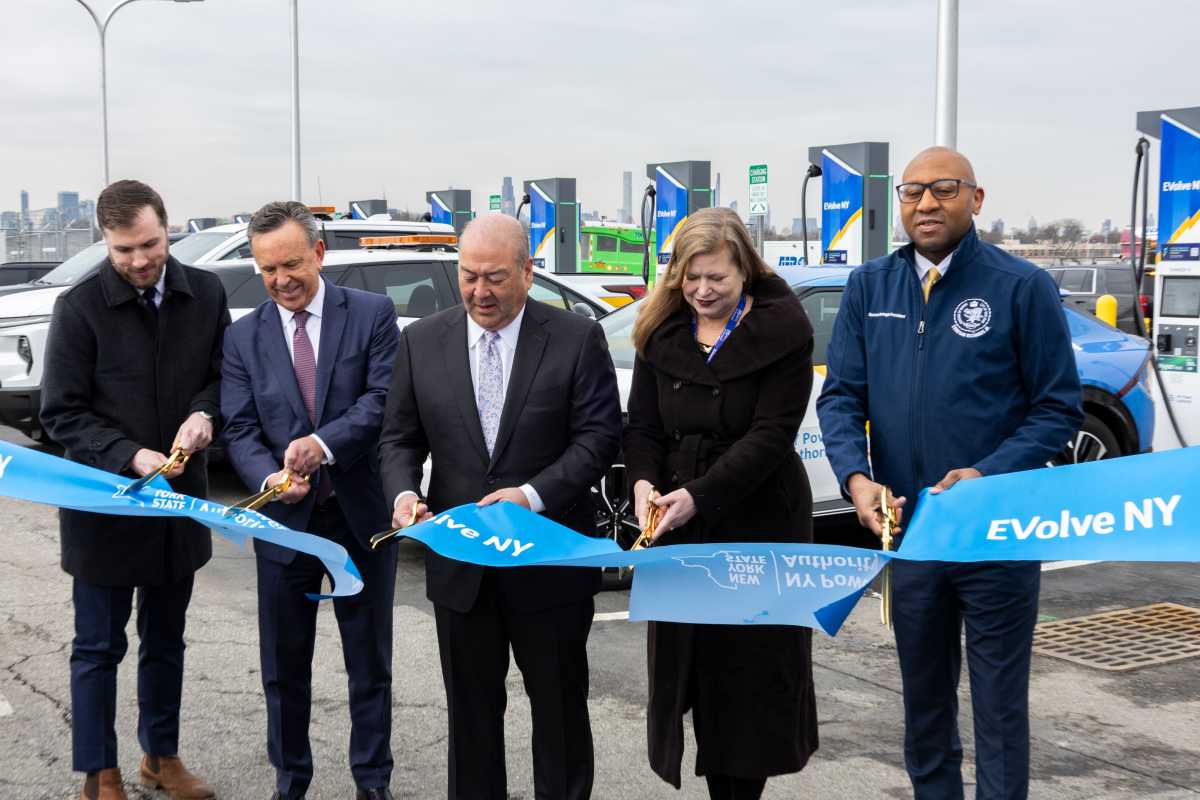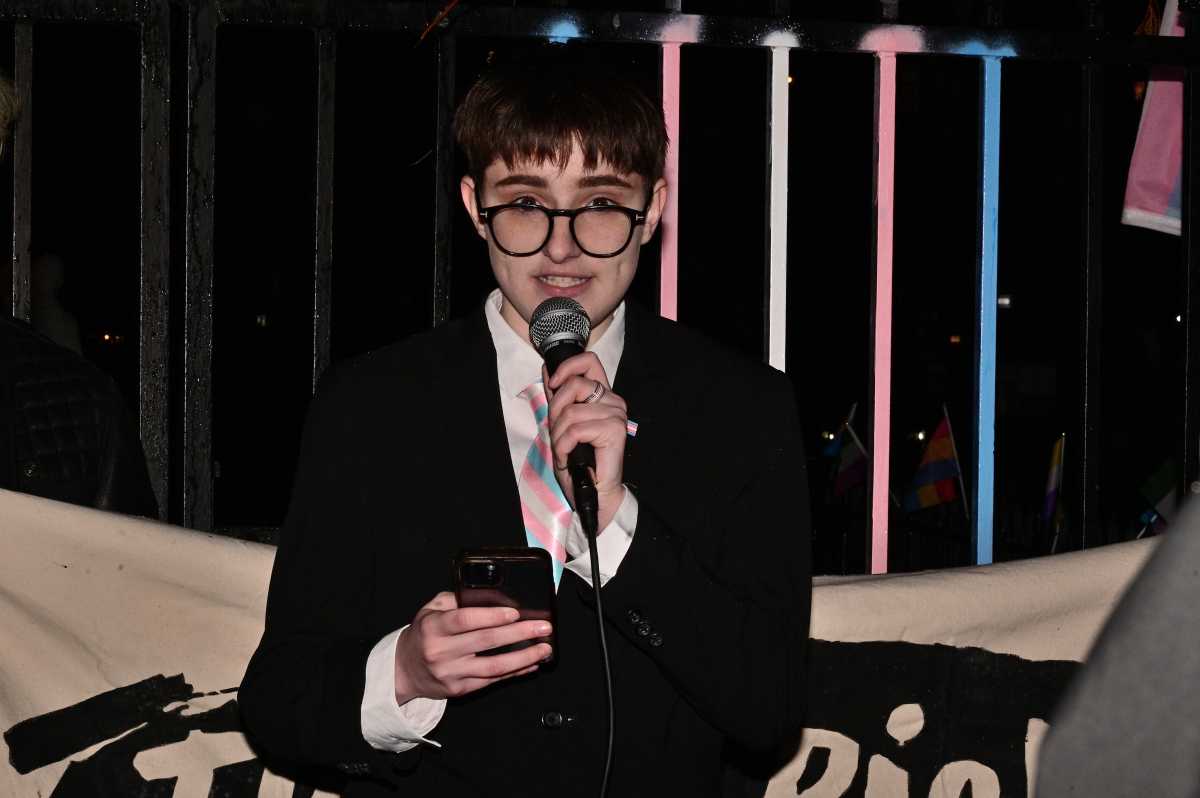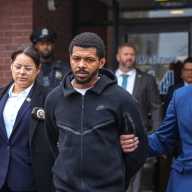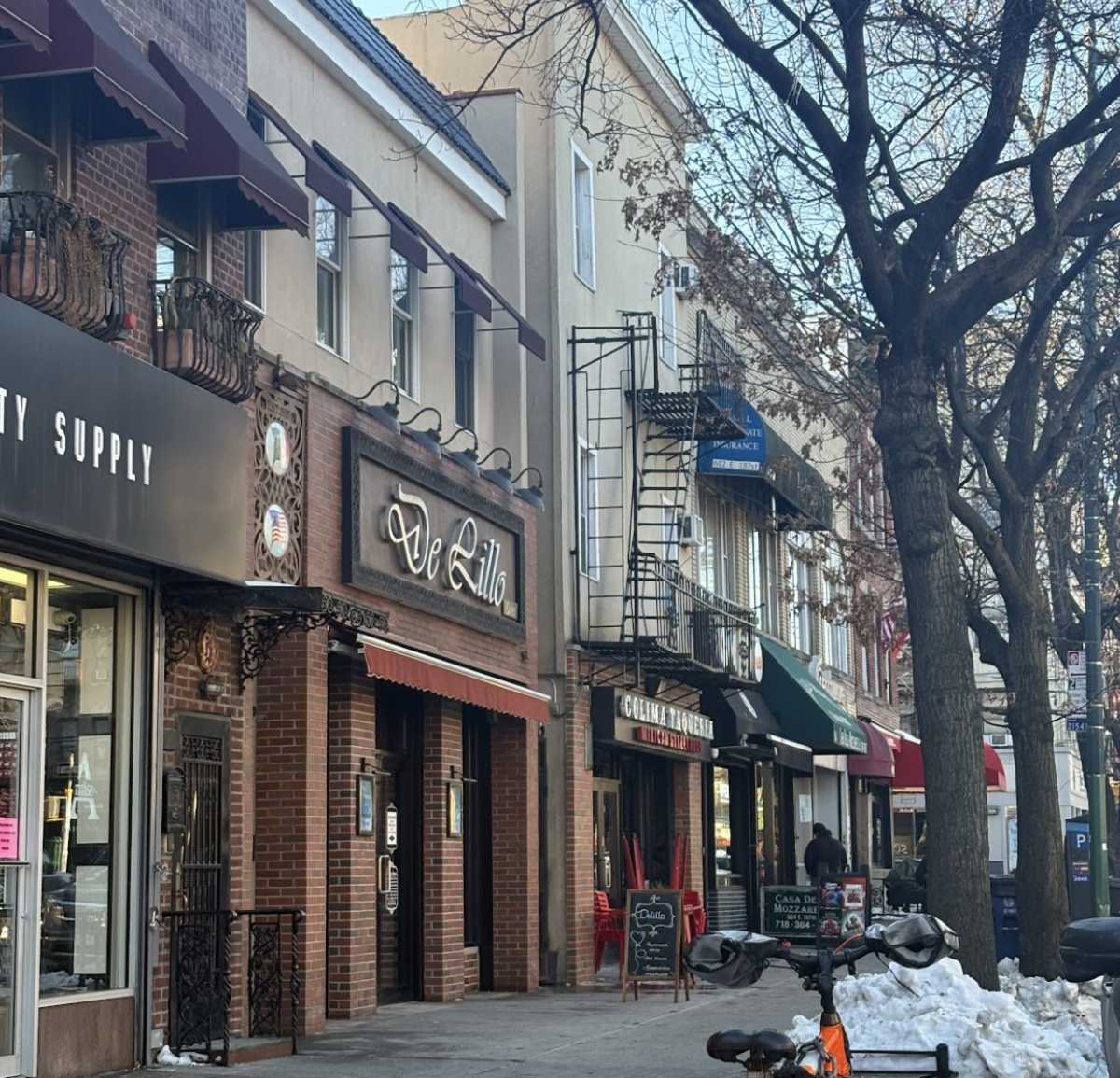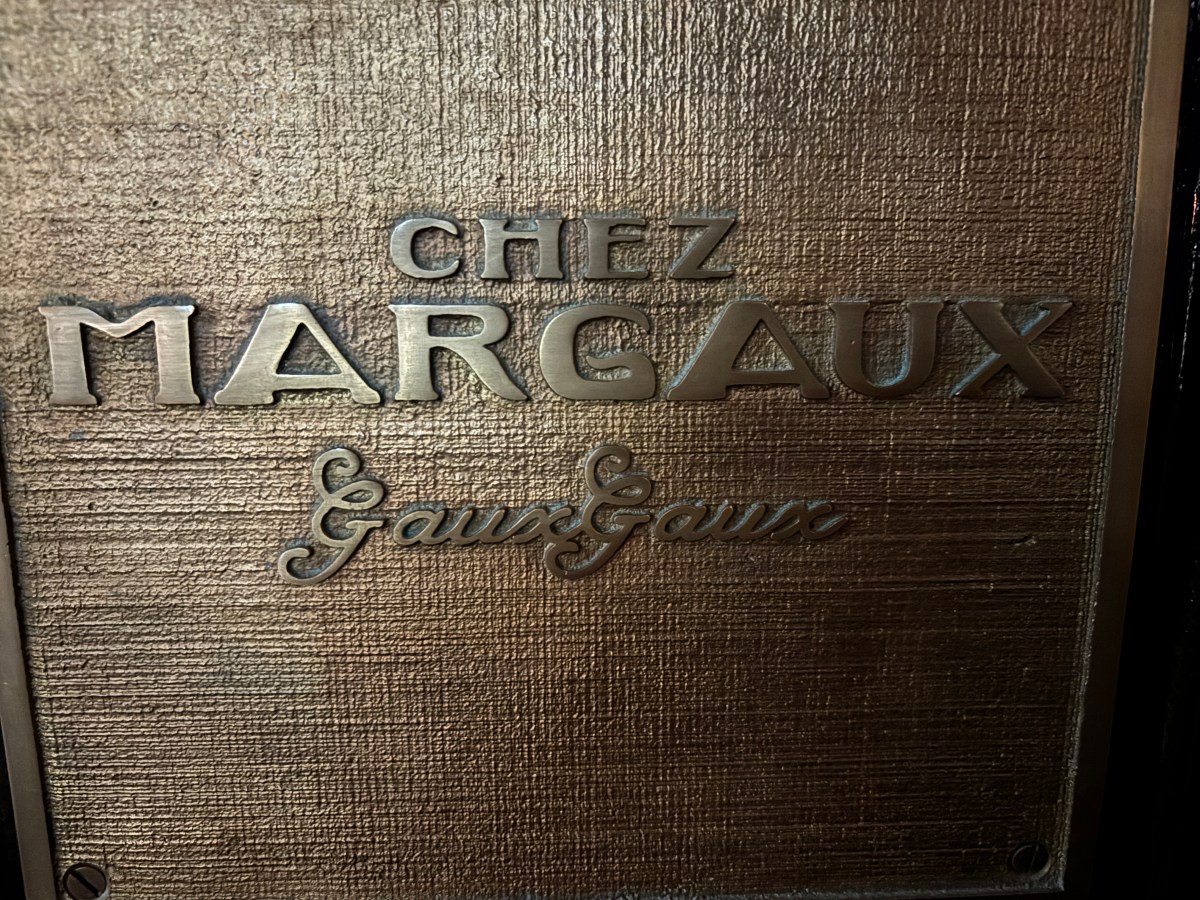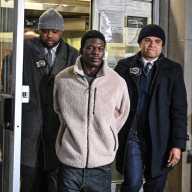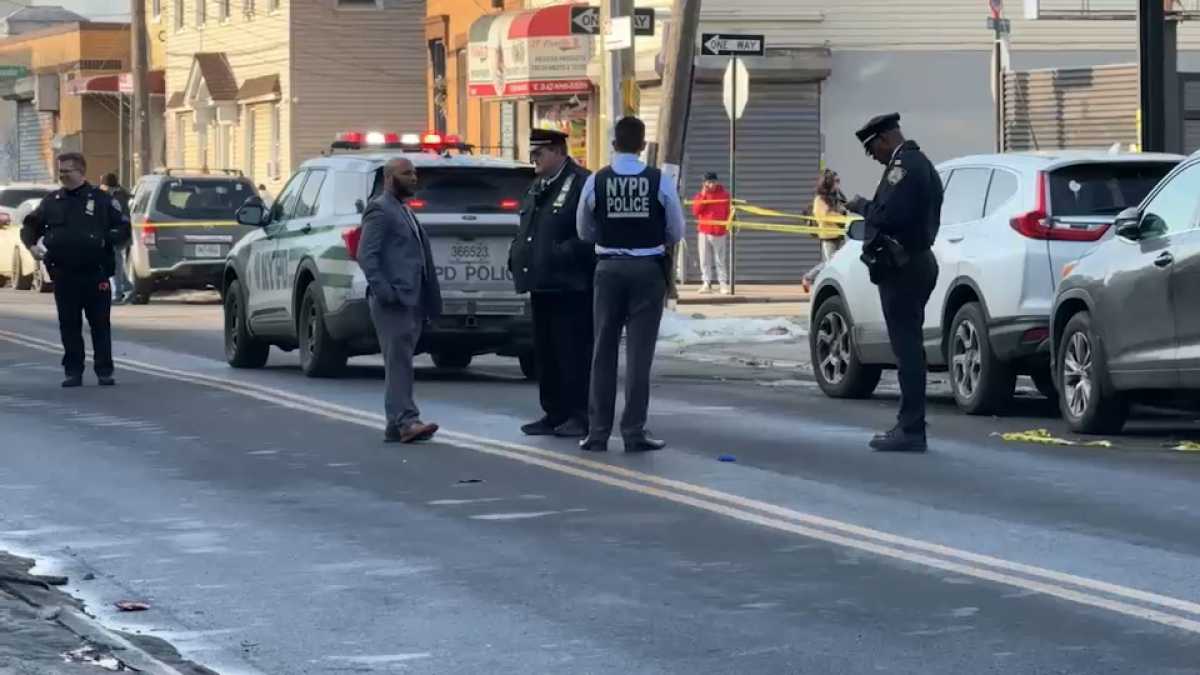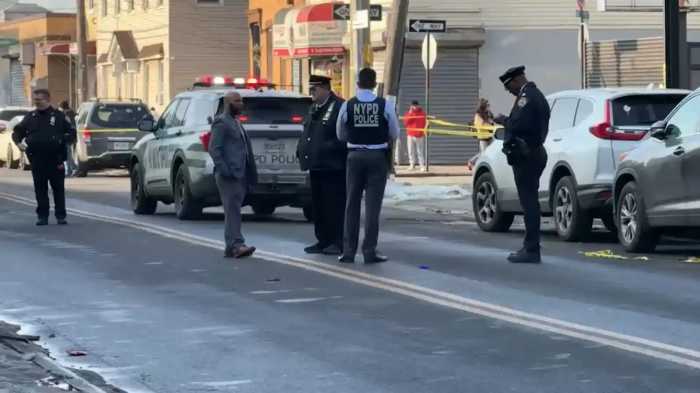Insistence on transparency in law enforcement has nothing to do with whether one likes or dislikes police officers. It comes down to trust, and this is essential for a free society and the effective, honest policing of our streets.
This is why Gov. Kathy Hochul should sign the “Keep Police Radios Public Act” into law. The bill was sponsored by state Senate Deputy Leader Michael Gianaris (D-Queens) and in the Assembly by Karines Reyes (D-Bronx). It took two hard-fought years to get both houses of the legislature to approve this bill that grants credentialed members of the media and emergency volunteer first responders access to encrypted police radios. Nearly the entire Democratic conference voted in favor.
Police departments around the country are moving towards radio encryption to keep “bad guys” from using the radio traffic against them. There is adequate evidence that some criminals have used police scanners to commit crimes, and even anarchistic protestors have monitored police movements to riot and commit vandalism. There were also instances of protestors who used Chinese-made Baofeng radios to interfere with NYPD cops during George Floyd-related protests in New York City in 2020. Encryption prevents this interference.
The sponsors of the “Keep Police Radios Public Act” realized, however, that the “bad guys” are not members of the credentialed media who are informing the public at emergency situations. They also realized that federal mandates require all emergency first responders to have “interoperability” to effectively support law enforcement during disasters and incidents. We saw this inadequate communication on 9/11, when 343 firefighters and 72 police officers were killed in the terrorist attacks on the World Trade Center in 2001.
Police agencies have privacy concerns for victims of crimes and crashes. Every police agency now provides cops with their own phones, and almost no department transmits personal information over the airwaves. Dispatchers have been instructing officers to call their commands to convey personal information on victims of crimes or mishaps for years.
So, why are some police departments opposed to the press listening to their radio transmissions? Some of the most important stories were learned through members of the media hearing radio calls.
Would police have told the public in a timely manner about cops shooting to death Sean Bell on the night before his wedding? When would cops have informed the public about pressure cooker bombs in Times Square? And certainly, would they have provided every bit of information needed on 9/11 to save thousands of lives?
A civil society doesn’t shoot the messengers, but instead takes that information into account to make society safer. This is why Governor Hoohul must move forward and sign the “Keep Police Radio Public Act,” making it law to compel departments to provide legitimate press access to those communications, as they have had for decades.
It comes down to trust in law enforcement, and that trust has worn thin for many people. It is reflected in the courts, where cops are accused of being biased, and in the streets, where officers are treated with disrespect.
Departments have made significant strides in reestablishing trust by implementing body-worn cameras. However, encrypting radios without granting the press access removes vital checks and balances that are necessary to maintain credibility for law enforcement.
Governor Hochul should understand that signing this bill is not an act against policing, but rather a means of creating greater trust between the police and the public.
Todd Maisel is the founder of the New York Media Consortium, made up of eight local, state-wide, and national press organizations formed to maintain law enforcement transparency. He is also a contributing editor at amNewYork and previously served as our breaking news editor.
